I recently attended a workshop on Survival, as part of ‘Hacking the Anthropocene‘. The event was located at the Canoe Club on the Cooks River, just near Tempe Sation: The River River Canoe Club of New South Wales. I walk past this club almost every day and was very curious about what was inside.
The focus of the day was to reframe how we think about survival, particularly through the sharing and practicing of particular skills. It was low key but pretty amazing in how it achieved this goal. I built my first electronic circuit that responded to the natural environment. This skill was shared by Pia Van Gelder. I also taught quite a few people to darn, inspired by Tessa Zettel’s integration of repair and design. And I learned to canoe, and went as far as I could down (up?) the Cooks River, which by the way is a tidal estuary. We also mediated together, listened carefully, and created a space together that was not about agreement and consensus, but opening ideas. I also reconnected with a friend from my student activist days. Genevieve, who is now at Autumn Farm, really helped me understand how feminist and environmental politics intersect, so I am forever grateful. These last few skills may not be usually associated with survival, but they are at the core of a livable future.
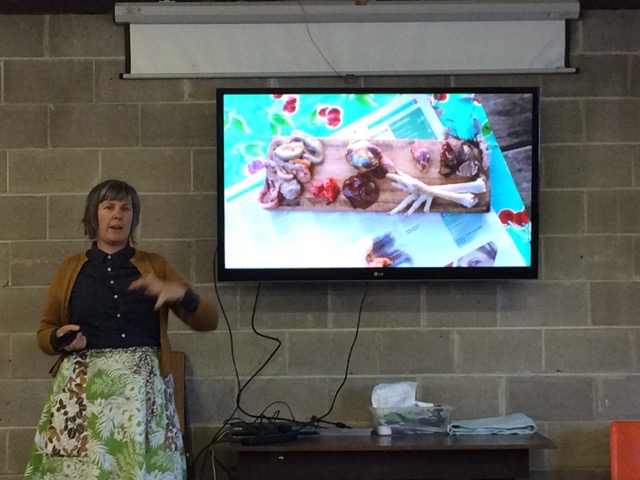
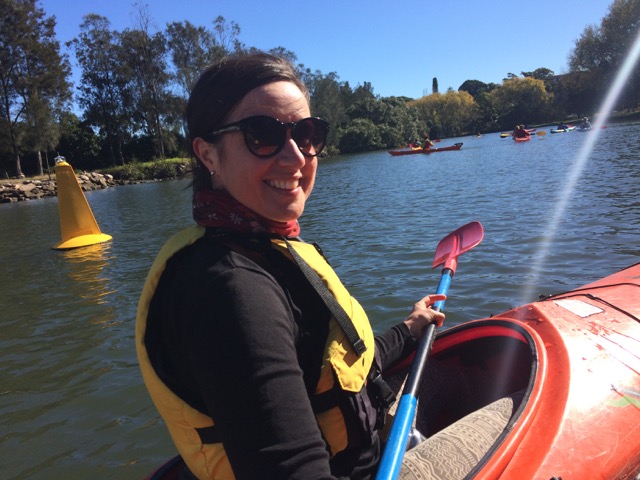
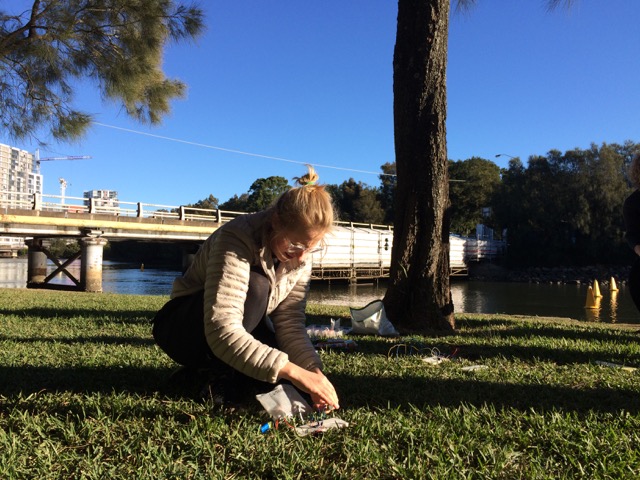
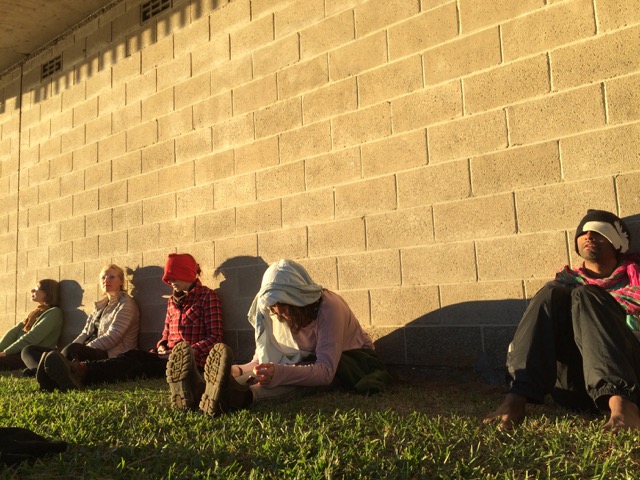
From the organisers:
‘One mode of survival is to bunker down with your cache of water purification tablets, weapons, ammunition and freeze dried food. Another is to fortify the lifestyles of the most privileged and mobile consumers—seawalls, airconditioning, electric cars—and hope you are part of the community able to forget about the rest of the world. While the means of survival in both these examples are different, the endgame is the same: protect and preserve the fleshy houses of individual, liberal human subjects. Who falls into that sacrosanct category, and who will survive by these methods, depends a lot on questions of gender, race and class, with minor adjustments allowed for geographical location and luck.
In the spirit of rejecting both spectacular militaristic apocalypticism and business as usual ‘late liberalism’ (to borrow Elizabeth Povinelli’s term), this workshop raises questions, and eyebrows, at certain practices that facilitate survival and opens up space for thinking, making, doing alternatives. A few people have been invited to share skills with the group, and after each lesson there will be time to discuss the kind of world opened up by such practice, the social critique that it enacts and the different mode of education, labour and economy it could produce.’

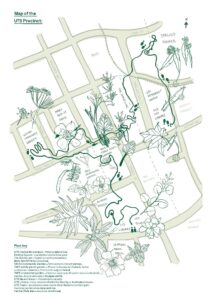
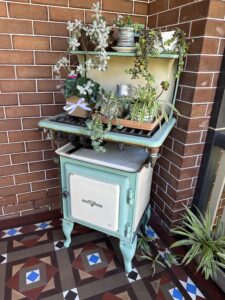
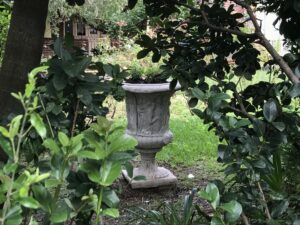
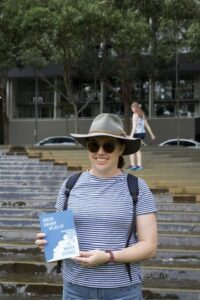
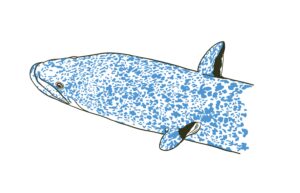

0 Comments